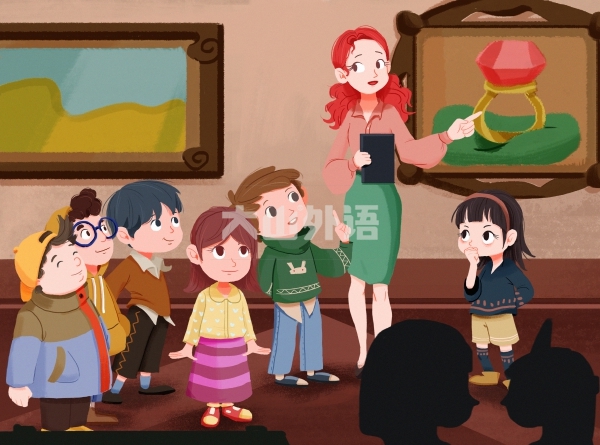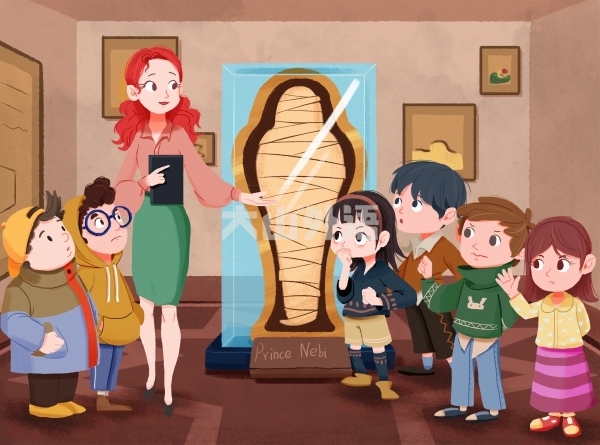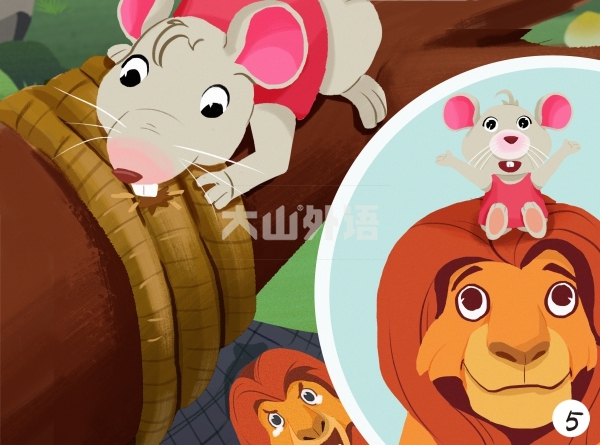形容词在句中作定语,表语,宾语补足语和主语或宾语。

一、作定语
形容词作定语时通常放在它所修饰的名词前面,称为前置定语,被修饰的名词可称为主体词。
例句1:The company is in a difficult situation. 这家公司正处于困难的境地。
例句2:She is a good student,and she works hard. 她是一个好学生,她努力学习。
二、作表语
同名词一样,形容词也可以用在系动词后面作表语,修饰主语或说明主语的情况。
例句1:This bike is expensive. 这辆自行车很贵。
例句2:I am sorry,I'm busy now. 对不起,我现在很忙。
三、作宾语补足语
例句1:We must keep our classroom clean. 我们必须保持教室整洁。
例句2:We found the film quite instructive. 我们发现那部电影很有教育意义。
四、作主语或宾语
这有一定的限制,主要是指“定冠词+某些形容词”,表示一类人或事物,这种形容词已名词化。
1.某些形容词加上定冠词可以泛指一类人,与谓语动词的复数连用。
例句1:The poor the dead the living the rich the blind the hungry等。
例句2:The poor are losing hope. 穷人们丧失希望。
2.某些形容词加上定冠词(the true,the false,the beautiful等)可以表示抽象事物,与谓语动词的单数连用。
例句:The good is what people like. 人们总是喜欢美好的东西。
3.有关国家和民族的形容词前面加上定冠词(the British,the English,the Chinese等)指这个民族的整体,与谓语动词的复数连用。
例句:The English have wonderful sense of humor. 英国人很有幽默感。











